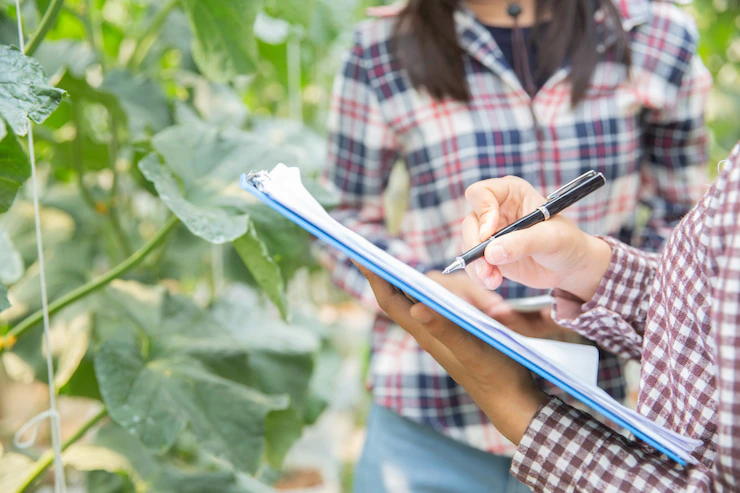- Role and Responsibilities: As an Agricultural Policy Analyst, your main responsibility is to analyze and evaluate agricultural policies and their impact on various stakeholders, including farmers, rural communities, and the environment. You’ll conduct research, collect data, and assess the effectiveness of existing policies. You’ll also provide recommendations for policy improvements or new policy development.
- Policy Evaluation: One of the key aspects of your job is to evaluate the effectiveness and efficiency of agricultural policies. You’ll analyze their economic, social, and environmental impacts and assess whether they achieve their intended objectives. This involves gathering and interpreting data, conducting cost-benefit analyses, and using statistical models to measure policy outcomes.
- Research and Data Analysis: As an Agricultural Policy Analyst, you’ll need strong research and data analysis skills. You’ll collect and analyze data related to agricultural production, market trends, trade patterns, and policy frameworks. You’ll use statistical software and other analytical tools to interpret data and draw meaningful conclusions to support policy recommendations.
- Policy Development: In addition to evaluating existing policies, you may be involved in the development of new agricultural policies. This requires staying up-to-date with current agricultural issues, understanding the needs of different stakeholders, and conducting research to propose evidence-based policy solutions.
- Stakeholder Engagement: As a policy analyst, you’ll interact with various stakeholders, including government officials, industry representatives, farmers, and advocacy groups. Effective communication and collaboration skills are crucial to understand their perspectives, gather feedback, and ensure that policies address their concerns and priorities.
- Policy Advocacy: Your role may involve advocating for specific agricultural policies or reforms. You’ll need to develop persuasive arguments backed by research and data to present to policymakers, industry leaders, or the general public. Effective communication and public speaking skills are valuable for this aspect of the job.
- Policy Monitoring: Agricultural policies are subject to constant evaluation and adjustment. As an analyst, you’ll monitor policy implementation and assess their ongoing impact. You’ll track relevant data, analyze trends, and provide feedback to policymakers on the effectiveness of implemented policies.
- Policy Briefs and Reports: You’ll be responsible for preparing policy briefs, reports, and presentations to communicate your findings and recommendations. These documents should be clear, concise, and accessible to non-technical audiences. Strong writing and presentation skills are essential to effectively convey complex information.
- Understanding of Agricultural Systems: To analyze agricultural policies effectively, you’ll need a solid understanding of agricultural systems, including crop production, livestock management, agribusiness, and rural development. Familiarity with environmental sustainability practices and the interplay between agriculture and climate change is also beneficial.
- Policy and Regulatory Frameworks: As an Agricultural Policy Analyst, you should have a good grasp of policy and regulatory frameworks at the local, national, and international levels. Knowledge of government processes, legislative procedures, and trade agreements related to agriculture will help you navigate and analyze policy contexts effectively.
Remember that the specific requirements and responsibilities of an Agricultural Policy Analyst may vary depending on the organization or institution you work for, as well as the geographical location and specific focus areas of the policies being analyzed.
Join 'Farmers Mag' WhatsApp Channel
Get the latest Farming news and tips delivered straight to your WhatsApp
CLICK HERE TO JOIN






